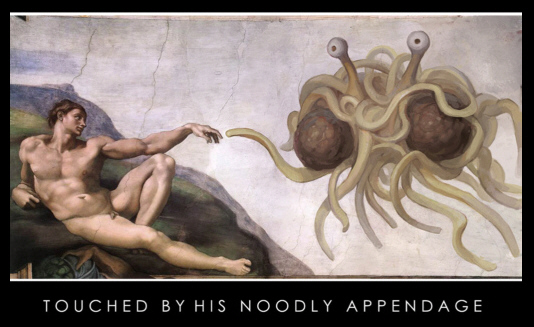Think back to the last few movies you’ve seen and enjoyed. How many times have you heard someones say, while walking out of the theater, something like this?
That was a really good movie. It was a little unbelievable that $CHARACTER did $THING, but still, I really enjoyed it.
Or think back to some of your all-time favorite blockbusters. How many of them have plots that you could poke little holes in, if you really tried?
Hint: the answer is all of them.
How many of those plot holes ruined the movie for you, or even made a noticeable impact on how much you enjoyed it?
Probably none of them.
By believability I don’t mean realism. Lots of stories have magic or advanced technology that is completely unrealistic. But as long as the world of the story is internally consistent and makes sense to the reader, it’s believable.
And believability is important! If the reader or audience stops and thinks “wow, what’s happening here doesn’t make sense,” then you’ve obviously made a mistake. If you can, then by all means, make your plots, explanations, and world-building completely airtight. The problem is that often fixing believability comes at a cost that isn’t worth the benefit.
To paraphrase Benjamin Franklin, those who sacrifice essential momentum for a little temporary believability deserve neither momentum nor believability.
Imagine you’re writing a story where the protagonist is trying to avenge their dead father by pursuing Big Crime Boss. The police have picked up the main character, and the police chief questions them. After a brief, heartfelt conversation, the police chief lets the protagonist go.
How believable is this? Not very. The job of a police chief is to catch people who break the law and hold them for trial, not to make decisions about an individual’s higher moral purpose.
But how important is the lack of believability? The answer is it depends. If you’re writing a story that revolves heavily around the details of law enforcement, then it could matter a lot. If the police chief is a major character, then it definitely matters a lot. But if this scene is just a brief pivot into the climax of the story, and the police chief is a minor character, then maybe it doesn’t matter much at all. Maybe the reader doesn’t really care, and only wants to see the story keep accelerating toward the confrontation with the bad guy. Maybe they intuitively understand that this is how the story needs to be, and that complete, airtight believability just isn’t very important to them.
And what about the cost of the fix? If all it takes to improve this scene is to add a couple of lines of dialogue, then it’s probably worthwhile. But what if it takes a massive rejiggering of your story? What if changing a motivation to fix your problem results in more problems in other parts of the story?
The danger we can get into as writers is to think that there’s some perfect version of our story that fixes every problem that anyone might possibly perceive. We can tinker endlessly, trying to tune every tiny bit until there’s no chance for the reader to complain. And in the process, sometimes we end up with a story that feels overly complicated. Or mind-numbingly slow. Or just plain boring. We lose our story’s momentum.
Sometimes, the right thing to do with a believability problem is just to zoom right past it. A good story catches the reader up in a flood of anticipation and excitement that can easily withstand a tiny bit of unbelievability. That momentum, whether it’s internal or external, plot-oriented or emotional, is the key you’re looking for. It’s the reason why you didn’t care about the silly little believability holes in your favorite movies. Focus on maintaining that momentum, not on tiny bumps and potholes in your plot.
One last note: there’s a big difference between deciding that you’re not going to tinker with a tiny problem where the fix will hurt the story overall and deciding that you’re not going to fix a real issue just because it’s hard. Sometimes the right fix for a real problem means upending lots of other parts of your story. That’s one of the most frustrating things about writing. But it’s not the difficulty of the fix that should be the deciding factor, but rather what makes the story better. Let that guide you, and you’ll always be going in the right direction.
from the tinkerer-tailorer-soldierer-spier dept




